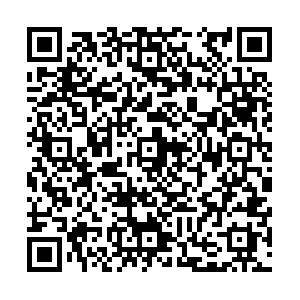摘要:
有关生命伦理的探索一直是现代科幻小说的经典主题。随着生命科学和医学的快速发展,基因编辑技术及其潜在的伦理困境和选择业已成为近年来科幻小说创作的重中之重。这些作品通过“人造人”“移植”“实验室婴儿”“基因编辑”“精神控制”和“基因强化”等主题捕获了生命科学的发展势头和潜在风险,重点关注人类基因编辑技术对人体自我控制的影响和对人类繁衍路径的重写,及其对传统生活方式和社会伦理的强烈影响。英国作家阿道司·赫胥黎的小说《美丽新世界》即描绘了随着科学技术的进步,物欲得到满足,人性在金钱和机器的残酷影响下被毁灭,而其根源之一正是生命伦理意识的淡薄。在这样的世界里,人与人之间的物质关系异化导致爱和责任的丧失,生命伦理道德被践踏,美德意识被抛弃,所有这些都可能致使不恰当的生命伦理选择反复出现,最终导致幸福的沦丧。从本质上来讲,赫胥黎的小说反映了第一次世界大战后科学主义和享乐主义时代追求美国梦的人们复杂的情感和迷惘的价值观。而在列维纳斯的“他者”伦理理论中,他者总是优先于自我,具有无限的绝对性和超越性。这一点正是通过责任与自由的不对称,以及自我与他者之间的关系来体现的。赫胥黎的小说以此为理论契机发掘了一个道德反思的机会,证明了自我认同实际来源于他者的存在。只有在培养对他人的责任感和同理心的过程中,才能揭示自我主体性,才能充分发挥唯物主义和技术手段的现实作用,超越“自我”和“当下”,体验生活中幸福和意义的存在。
Abstract:
Bio-ethical exploration has always been a classic theme of modern science fiction. With the rapid development of life science and medicine, gene editing technology and its potential ethical dilemmas and choices have become the key points of science fiction in recent years. These works have captured the momentum of life science developments and potential risks through topics as "artificial person," "transplants," "laboratory babies," "gene editing," "mind control," and "genetic enhancements," focusing on human gene editing techniques, as well as their strong impact on the traditional way of life and social ethics. Among these, the novel Brave New World by the British writer Aldous Huxley depicts the annihilation of human nature under the grinding influence of money and machine as material desires are satisfied by advances in science and technology, one of the root causes being the weak awareness of bio-ethical consciousness. In a world like this, love and responsibility are lost due to alienated material relationships among people, bio-ethical morality is trampled, and virtue awareness is discarded, all of which may cause inappropriate bio-ethical choices to recur and eventually lead to loss of happiness. In essence, the novel reflects the complex emotions and confused values of people pursuing the American dream in the era of scientism and hedonism after World War Ⅰ. Through the asymmetry of responsibility over freedom, as well as the relationship between the self and the other-following Levina's ethical theory of "the other"—the other takes precedence over the self, with infinite absoluteness and transcendence. The novel serves as an opportunity for moral reflection and demonstrates that confirmation of the self lies in the presence of the other. Only in the process of cultivating responsibility and empathy for the other can self-subjectivity be revealed, materialism and technology be brought into full play as a means to an end, and "the self" and "the present" be transcended to experience the existence of happiness and meaning in life.

 点击查看大图
点击查看大图



 下载:
下载:

